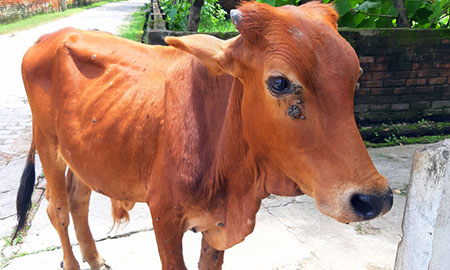The detection of lumpy skin disease (LSD) in Australian cattle exported to Indonesia
As Australia’s Chief Veterinary Officer, I can confirm that lumpy skin disease, or LSD, has never been detected in Australia, and Australia remains free from the disease.
The Department of Agriculture, Fisheries and Forestry (DAFF) has been advised by the Indonesian Agriculture and Quarantine Agency (IAQA) that LSD has been detected in a small number of Australian cattle exported to Indonesia—after those cattle had arrived and spent some time in Indonesia.
Given the presence of LSD in Indonesia, positive results in cattle post arrival in Indonesia are not unexpected.
As Australia remains LSD free, a detection of LSD in another country—such as Indonesia—does not change Australia’s animal health status.
We have worked closely with our Indonesian colleagues for many years on joint areas of interest such as animal biosecurity. We continue to do so to provide assurance that all animals exported from Australia comply with all Indonesian requirements, including being free of LSD.
Australia has robust biosecurity systems in place for the ongoing monitoring of Australia’s animal disease status including for LSD.
LSD is a highly infectious viral disease of cattle and buffalo that is transmitted by biting insects —it is not a disease that poses a risk to humans.
There is no cause for concern for Australian cattle producers as Australia remains LSD free.
Australia continues to trade livestock products internationally including live cattle to Indonesia.
Dr Mark Schipp, Chief Veterinary Officer of Australia
View Original | AusPol.co Disclaimer
